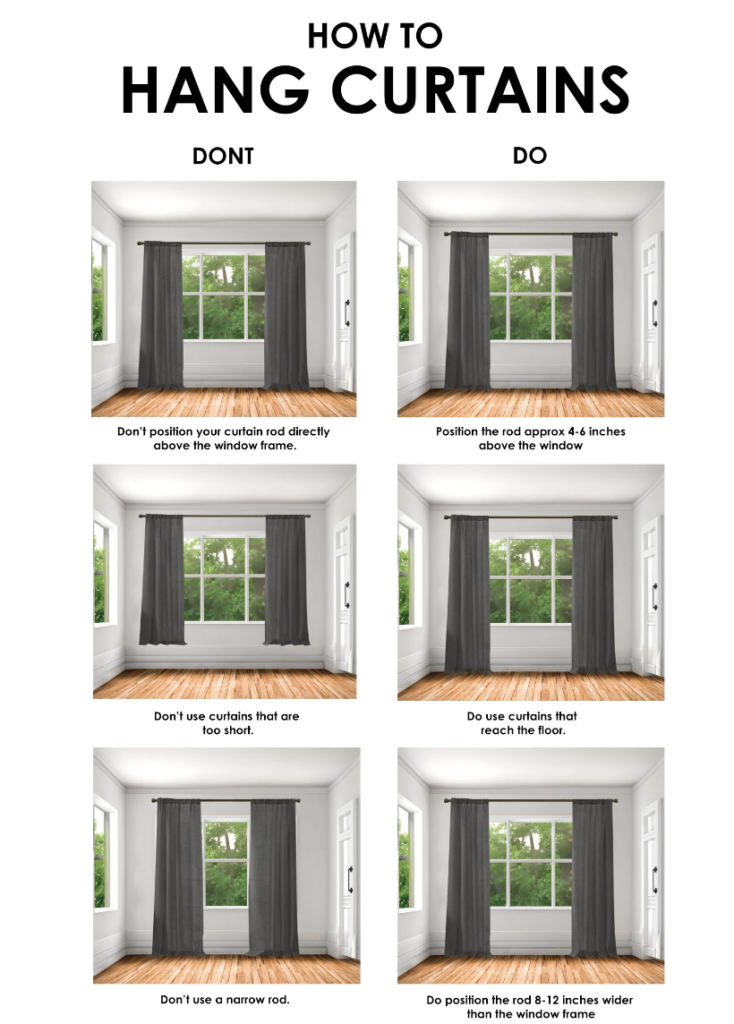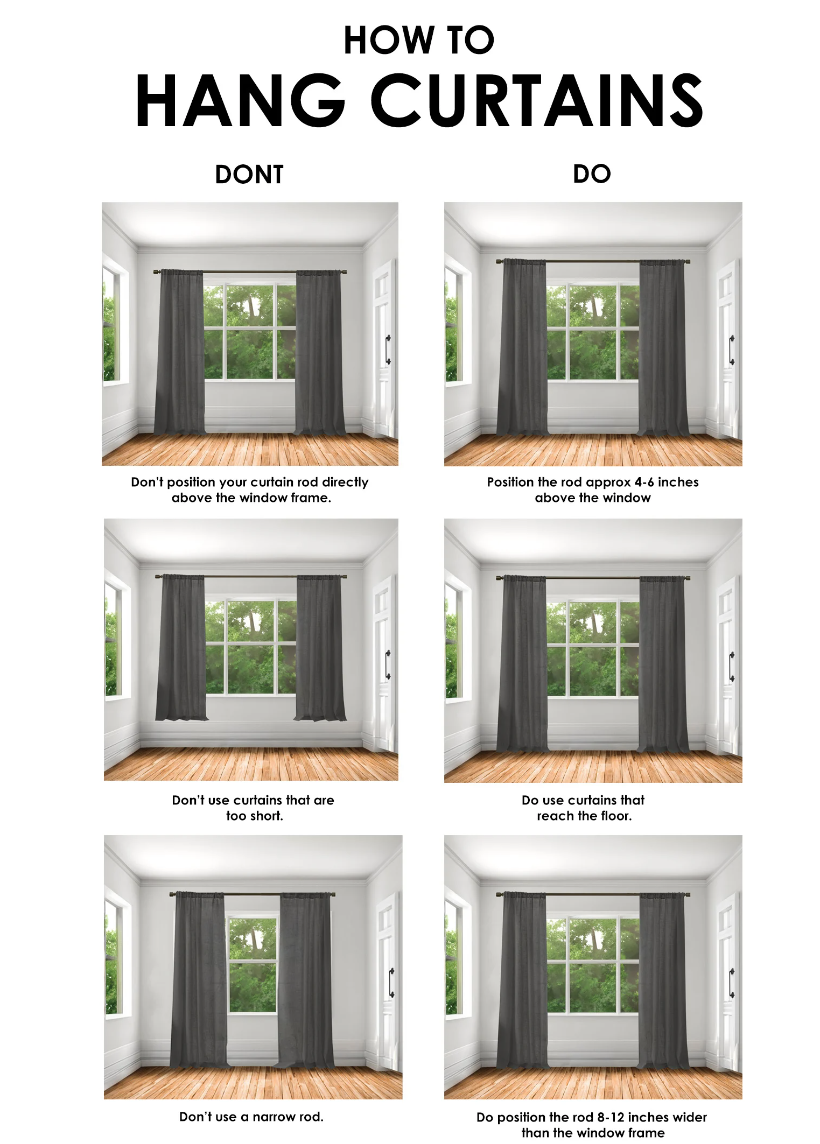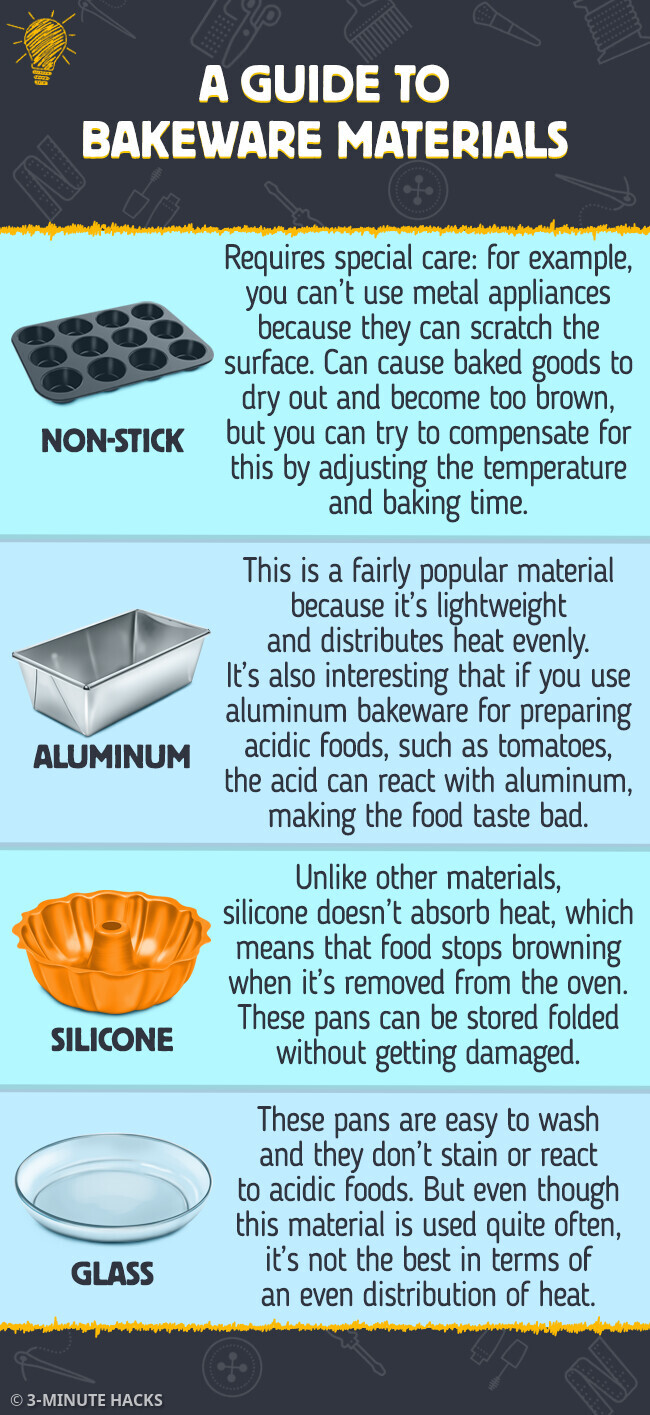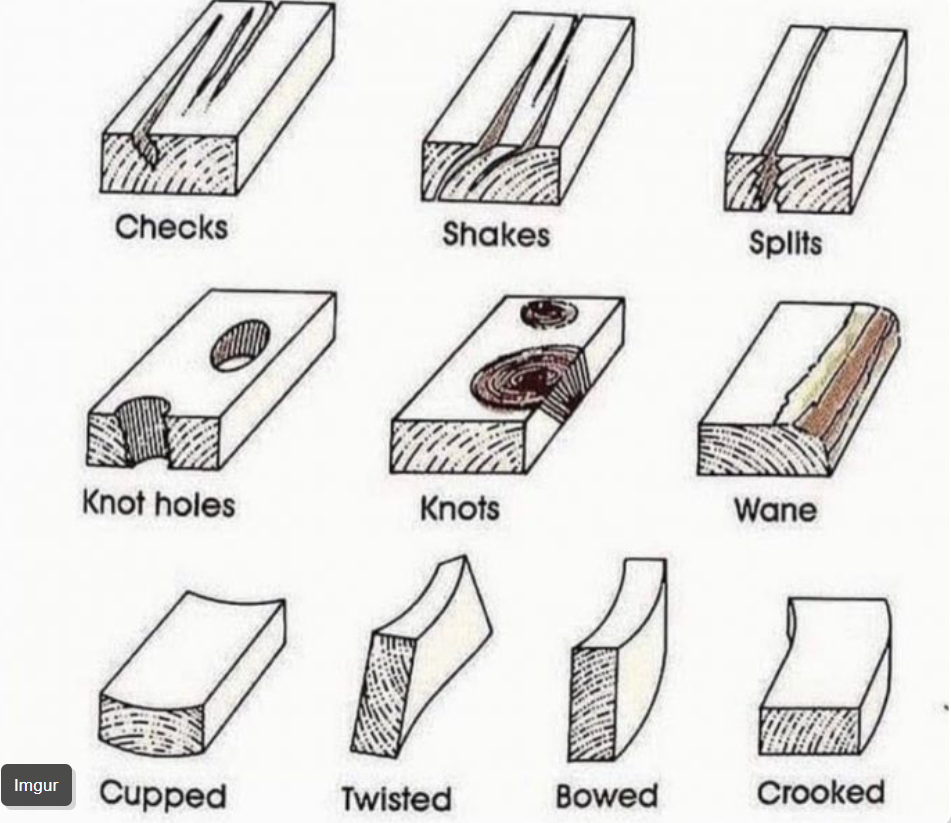How to hang curtains Like a Designer

One of the most attractive aspects in terms of aesthetics in a room, are the curtains. They make for a great finishing touch to a room design and also add immensely to its aesthetic value. They add to style, ambience and rev up one’s home decor look.
But when choosing to put up curtains, it is not just the colour and design of the curtains that we need to take into consideration. In fact, we also need to take into consideration, how the curtains are installed and whether it is in the right way.
This will include the curtain placement, the height at which it is hung, the position of the rod etc.
So, in this article, I will get into the details about curtain placements and its do’s and don’t. Let’s get started.
Do’s and Don’ts of Curtain Placements
1. Position of Curtain Rod
Don’t: Make sure to position your curtain rod the right way. This means that you shouldn’t position your curtain rod directly above the frame of the window. It could make the ceiling look shorter.
Do: You should instead position the rod around 1 – 3 inches below the ceiling or crown moulding, in case your ceiling height is a standard 8 feet.
In case your ceiling height is 9 or 10 feet, then position the rod around 8 to 12 inches above the trim of the window.
This can make the ceiling look taller and could also give the room a grander and more aesthetic look.
2. Type of Curtain Rod
Don’t: Do not use rods that are narrow/short in length, due to which the curtain will cover most of the area of the window when pulled back or are drawn open.
Do: Instead, use a rod that is 8 – 12 inches wider than the frame of the window. This is ideal because when the curtains are drawn open, they will just cover only the edge of the window frame.
This will firstly allow more light to enter into the room, it will also give the room an illusion of it being bigger than it actually is and lastly, it will let the curtains hang neatly without it being squished to the side, when it is drawn open.
3. Height of the Curtains
Don’t: Do not use curtains which are very short, meaning those curtains that are too many inches above ground level.
Do: Instead, use curtains that reach the level of the floor. This is the ideal height, wherein your curtain will be just ½ an inch above floor level (or it could even touch the floor exactly, if you prefer).
For standard 8 foot ceilings, curtains of 96 inches are always recommended. Thereafter, you can adjust the curtains as per your requirements, by hemming the bottom edge if need be.
4. Curtain Placement
Don’t: Do not only use a panel of curtains on just one side of the window. This means, when the curtain is drawn, it will only push towards one side of the window frame, leaving the other side empty.
Do: Instead, always use curtain panels on both sides of the window frames. This will not only help make it look more aesthetic, but also create symmetry in the room and make both sides look balanced.
5. Curtain Panels
Well, this aspect of curtains and curtain placements is totally optional, but I’ve included details about it as well.
Don’t: Do not use one curtain panel on each side of the window. This means, all in all just two curtain panels for one whole window frame.
Do: Instead, use two curtain panels for each side of the window frame. This means, all in all, four curtain panels for one whole window frame. Thus, when drawn, two curtain panels will sit on either side of the window.
This will help make the window area look better and more fuller. It will also give the wall and window more of a wider look.





